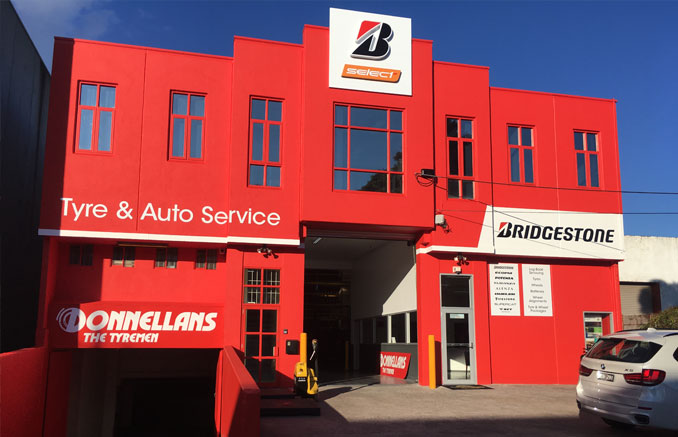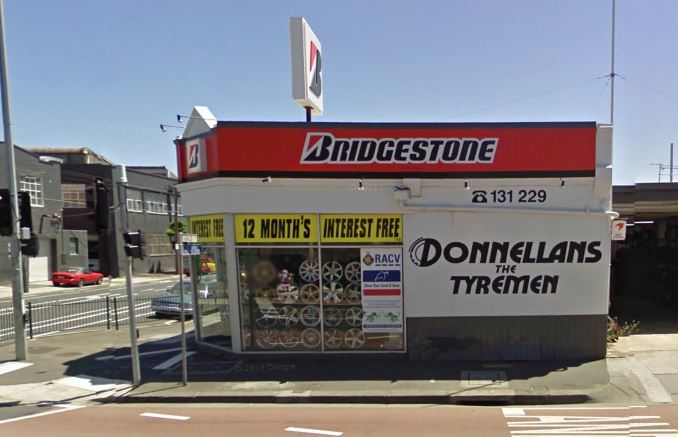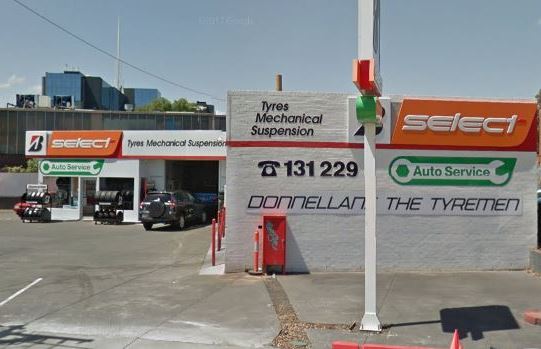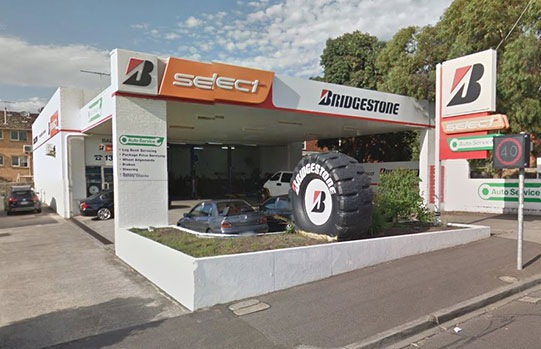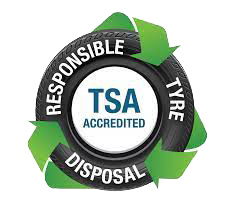Back to Latest News
Tips to look after your diesel engine
The day to day owning and operation of a diesel-powered vehicle isn’t too dissimilar to that of a petrol-powered car. However, diesel motors operate very differently internally, and have a few little extra things to keep in mind if you want to keep yours in tip-top condition.
A clean engine bay is a happy engine bay
Although not a problem specific to diesel engines, keeping your engine bay good and clean will assist you in a few different ways. Firstly, a clean engine bay will help you, or your mechanic, to see and diagnose any possible problems or leaks quicker and more accurately.

While cleaning your engine bay, look for dirt, leaves and other debris in front of the radiator, intercooler or other sources of dirt and grime, being careful not to pressure wash electrical connectors or components. Never wash an engine bay while the engine is hot.
If you frequently take your vehicle off-road, your engine bay will require cleaning much more frequently than a car that typically only sees tarmac or gravel roads.
Dirt and grime can build up and interfere with an engine’s smooth operation as well as providing an insulative layer, preventing air cooled components in the engine bay to receive proper airflow.
Check your filters.
Your engine needs a reliable supply of air and fuel to run. Both your intake system and fuel system will have filters to ensure that nothing untoward makes its way into your diesel engine.
A dirty air filter will restrict airflow into your engine and add unnecessary strain, causing fuel economy figures to suffer. As such, a simple air filter check is all it takes to make sure yours is breathing easy. The more air your diesel engine can fit into a cylinder, the higher cylinder pressures will be generated and the more efficiently the engine will run.
If you frequently drive in dusty environments, monthly air filter checks are a simple way to keep tabs on how your engine is breathing. A dirty air filter is easily identifiable if it’s the same colour on both sides, it’s good to keep using.

Diesel contamination is fairly rare, but when it does happen, it can often be catastrophic. The fuel injection systems on some modern types of diesel motors can operate at pressures exceeding 30,000psi. The high-pressure pumps that generate this pressure are extremely susceptible to foreign objects causing damage or may even destroy the pump.
Diesel fuel filters typically have a service lifespan that is listed in your vehicle user manual. The cost of a filter is cheap insurance against costly pump failure.
Cooling system
As we lightly touched on earlier, the cooling system in your car sometimes needs to be inspected, especially if you take your vehicle off-road or you find yourself towing frequently. Dirt, leaves, debris and more can build up in your radiator fins, causing the coolant temperatures to slowly rise.
Diesel engines typically run cooler than petrol engines, everything else being equal. However, most diesel owners will be towing or placing heavier loads on their vehicle, necessitating a beefier cooling system that is working as designed.
On top of inspecting the system from the outside, it’s worth noting that coolant additives inside the cooling system have a finite lifespan after which they don’t provide as much protection against freezing or system corrosion.
Typically the service interval for your cooling system is noted in your owner's manual, but if you’re in doubt, flushing your coolant and replacing it, along with a full cooling system inspection, isn’t a terribly expensive exercise.
Excessive idling
A common issue we see with modern diesel vehicles brought in is clogged DPF systems and dirty intake systems caused by EGR valves being overused.
It’s relatively common for diesel owners to leave their vehicles idling for extended periods, such as warming the car up in the driveway, leaving the engine running while hitching up to a caravan and performing pre-road trip checks. The reality is that modern engines really only need 2-3 minutes for engine oil to warm up to a temperature where they perform effectively.

This behaviour is thought to come from truck drivers leaving their vehicles operating while parked, loading or unloading. However, big rigs have a variety of reasons to stay running that the typical car doesn’t, such as extra accessories, compressors for air brakes and so on.
Excessive idling can cause cylinder bores to glaze over too. With cylinder bores suffering a build up of soot and unburnt fuel deposits. These can build up, leading to poor cylinder ring sealing.
Once the cylinder rings begin to leak, engine oil can make its way into the exhaust, then through the EGR system and the problem compounds. The engine will slowly start to burn oil, lose compression and therefore power, and increase the risk of severe piston ring damage and even catastrophic engine failure if the problem is permitted to continue worsening.
The best way to avoid this kind of problem is to ensure that you take your vehicle out for a good long drive at highway speeds every so often. DPF filters need to be regenerated occasionally. Stand by for a future article about DPF Systems from the team at Donnellans.
Talk to the experts at Donnellans the Tyremen.
For all your tyre, wheel and mechanical needs, come and see the team at Donnellans. With 5 convenient locations in Blackburn, Collingwood, Preston, Prahran and Balwyn, we have a workshop near you.
Regardless of whether your vehicle has a petrol engine or is diesel-powered, we are able to perform all your logbook servicing, alignment, suspension, steering and brake repairs. Contact us today to see how we can help you!
Contact us today
